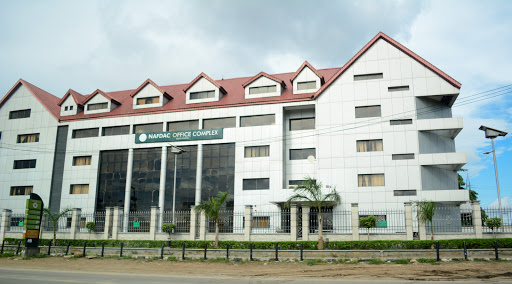
As criticisms continue to trail the alleged addition of sugar in infant formulas sold produced by Nestle, the National Agency for Food and Drug Administration and Control (NAFDAC), has said that the Nido follow-up milk formula is not registered and not in circulation in Nigeria.
Campaigners from Public Eye, a Swiss investigative organisation, had accused Nestle of adding sugar to infant formulas after it sent samples of the Swiss multinational’s baby-food products sold in Asia, Africa and Latin America to a Belgian laboratory for testing.
According to Public Eye, the results, and examination of product packaging, revealed added sugar in the form of sucrose or honey in samples of Nido, a follow-up milk formula brand intended for use for infants aged one and above, and Cerelac, a cereal aimed at children aged between six months and two years.
The report noted that Nido Kinder 1+ products sold in South-Africa, Nigeria and Senegal all contained nearly 1g per serving, the report said
Public Eye’s agriculture and nutrition expert, Laurent Gaberell,challenged Nestlé must put an end to these dangerous double standards and stop adding sugar in all products for children under three years old, in every part of the world.”
NAFDAC Director-General Prof Mojisola Adeyeye in a statement said the agency exercises due regulatory diligence in the registration of infant and young children foods distributed and used in Nigeria.
She explained that the range of Nestle Cerelac infant cereals distributed in Nigeria were duly registered with NAFDAC in line with the Nigerian Industrial Standard for Foods for Infants and Young Children – Processed Cereal Based foods (NIS 256:2010) and the Codex Standard for Processed Cereal-based Foods for Infants and Young Children (CXS 74-1981 adopted in 1981, revised in 2006, amended in 2017, 2019, and 2023), as well as the applicable NAFDAC regulations for compliance with safety, quality, and labelling requirements.
Adeyeye noted that tgency on 22 March 2024, held a stakeholders engagement with members of the Association of Infant Food Manufacturers and Marketers in Nigeria (AIFMN), anchored by the Food Safety and Applied Nutrition (FSAN) Directorate to further drive home the importance and special place of infant and young child nutrition.











